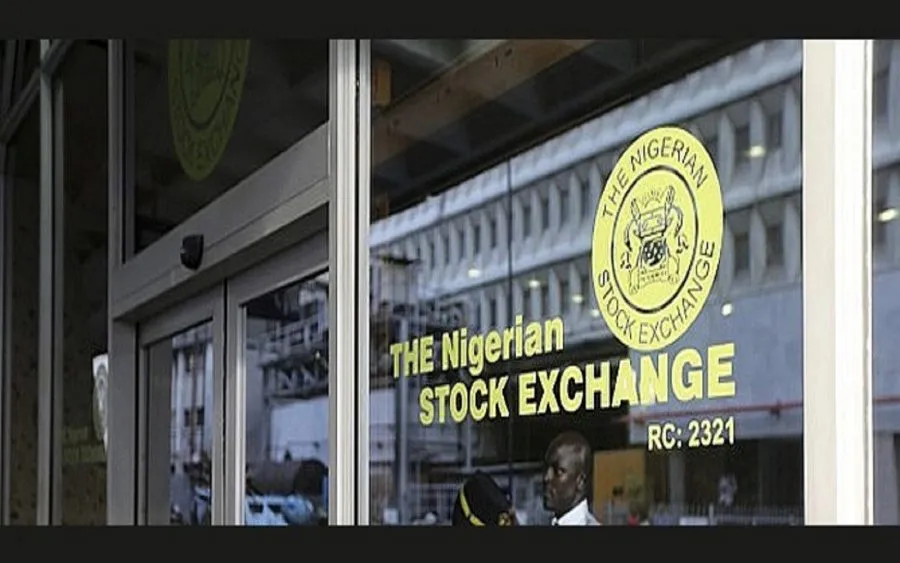Nigeria’s largest listed companies have seen their net cash flow from operating activities reduced to N577.95 billion in March 2022 due to the economic downturn in the country.
This represents a 29.98 percent drop when compared to the N825.52 billion net cash flow stood as at March 2021.
A breakdown of the cash position by sector shows the cumulative net cash flow from operations of the largest consumer goods firms reduced by 75.04 percent to N51.12 billion in March 2022 from N204.84 billion the previous year.
The laggards were Nestle Nigeria, Four Mills, Nigerian Breweries, and Honeywell, who posted negative net cash flow from operations of N10.01 billion, N28.89 billion, Nigerian Breweries, N3.90 billion, and N553.03 million, respectively.
READ ALSO: 12 Nigerians listed to officiate in 2021/2023 FIBA competitions
The average industry cash margin reduced to 12.18 percent in the period under review from 21.91 percent the previous year.
The dominant players in the cement sector: BUA Cement, and Lafarge Africa saw their combined net cash flow dip by 32.64 percent to N248.60 billion as at March 2022.
Meanwhile, the Manufacturers Association of Nigeria (MAN) has expressed worry over the recent astronomical increase in the price of diesel, noting that it portends negative consequences for the manufacturing sector and the larger economy.
MAN in a statement signed by its Director-General of MAN, Segun Ajayi-Kadir, asked the federal government to issue its members licenses to import diesel from the Republic of Niger and Chad in order to avert the avoidable monumental paralysis of manufacturing activities that could arise from total shut down of production operations.
Ajayi-Kadir pointed out that Nigerian manufacturers are worried about the implications of the over 200 per cent increase in the price of diesel on the Nigerian economy and the manufacturing sector.
READ ALSO: World Bank blacklists 18 Nigerian companies and individuals for corruption
Apart from the high energy cost which had been necessitated by the epileptic power supply and the sharp increase in the cost of diesel, the manufacturing sector had been faced with the challenges of scarcity of foreign exchange, high cost of production feeds, and drop in sales occasioned by lower disposable income, among several others.
Meanwhile, investment into the Nigerian capital market took a nosedive last week, with investors trading 822.404 million shares worth N10.366 billion in 20,643 deals within five days.
This fell short of previous week turnover of 1.348 billion shares valued at N24.487 billion that exchanged hands last week in 22,155 deals.
The Financial Services Industry, Conglomerates Industry and Consumer Goods Industry were the best performing sectors after five days of trading by measure of volumes traded.

 Health6 days ago
Health6 days ago
 Entertainment1 week ago
Entertainment1 week ago
 Crime6 days ago
Crime6 days ago
 Education1 week ago
Education1 week ago
 Health1 week ago
Health1 week ago
 Comments and Issues7 days ago
Comments and Issues7 days ago
 Football1 week ago
Football1 week ago
 Latest6 days ago
Latest6 days ago

